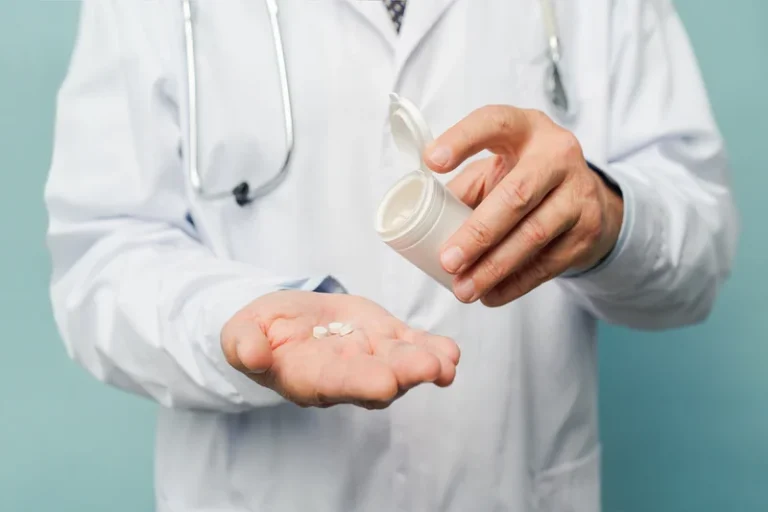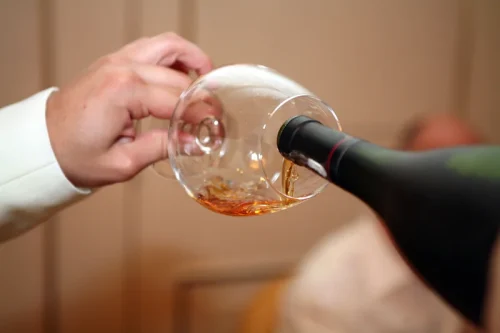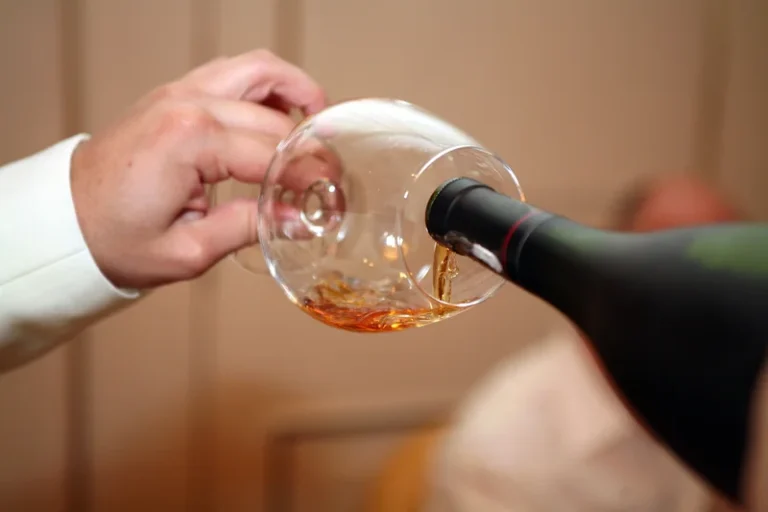
Multiple regression analyses were conducted in Stata 14 (StataCorp, 2014). Five outcome variables (alcohol use, problems, Drug rehabilitation and problem recognition, expectancies and evaluations) were tested in steps. For each regression model, gender, social desirability, and alcohol use (in the models where it wasn’t the outcome) were entered at Step 1.

The Science Behind Drunk Behavior
- The helpline at AddictionResource.net is available 24/7 to discuss the treatment needs of yourself or a loved one.
- Individuals dealing with anxiety or depression may experience more pronounced mood swings or behavioral changes when drinking.
- They may appear functional during the blackout but have no recollection of events the next day.
- Medications like Campral, Topamax, and Revia have greatly improved AUD recovery rates.
- When seeking treatment for alcohol addiction, it is important to locate a treatment program that offers a medically supervised detox program to help manage the dangerous withdrawal symptoms of alcohol.
- Conscientiousness typically decreases under the influence of alcohol, resulting in less careful and responsible behavior.
He was the only one who would ever make me feel as good as my new love alcohol could make me feel. Mr. Hyde drunks may become confrontational, argumentative, or even violent. Their behavior often contrasts sharply with their sober personality, leading to strained relationships and potential legal troubles. Alcohol Use Disorder (AUD) is a medical condition characterized by an impaired ability to stop or control alcohol use despite adverse consequences. Early identification of AUD can lead to timely intervention and improved outcomes for individuals struggling with alcohol addiction.
Grandiose Narcissism and Alcohol Outcomes

Kids bind you forever; so even though we need to walk away from the insanity, we can’t ever fully walk away; and in fact, a divorce just brings all the insanity up to the surface. At times, it has felt like I was married to Satan himself. I ignored the red flags flying everywhere, denied my friends who begged me not to continue this road and defended him to my family who saw the reality of who he was from day one. Having a support network can provide emotional validation and guidance during challenging times. Dealing with an alcoholic is demanding, and coping with a narcissist is far from easy, so when you combine the two, you have a real challenge. Because of this skewed worldview, narcissists hardly ever acknowledge anyone else’s truth, and nor will getting them drunk bring them any closer to achieving that.

Does Alcohol Make Narcissistic Behavior Worse?
Alcohol use is a favorite pastime among many college students. Grandiose narcissism was also a significant predictor of a positive alcohol problem evaluation, over and above alcohol use, social desirability and vulnerable narcissism. In other words, grandiose narcissists are more likely to regard the alcohol problems that they may encounter as good. This may be because of the social benefits they bring (e.g., holding one’s liquor might be seen as a good quality and doing risky things while intoxicated could be seen as “cool” in some circles).

For narcissists, manipulation is a way to use someone to get the reactions or attention they desire. Suggest that the alcoholic narcissist seek professional help to address both their addiction and narcissistic traits. Contact friends, family, or support groups to share your experiences and feelings. Similarly, people displaying narcissistic tendencies are more vulnerable to alcoholism because of the reasons explored earlier. A dry drunk has stopped drinking but hasn’t yet dealt with the issues that caused their alcohol dependence. They have yet to confront the shame, guilt, or past trauma that drew narcissist when drunk them to alcohol in the first place, so are at risk of relapsing.
Problem evaluation

Friends should keep an eye on affectionate drunks to ensure their actions remain appropriate and consensual. This type generally creates a warm atmosphere but may need gentle reminders about respecting others’ space. Their increased emotional openness can strengthen bonds but also lead to awkward situations or regrets the next day. Happy drunks might overestimate their abilities or ignore potential consequences of their actions.
Signs Of Alcoholism
Expectations about alcohol’s effects can https://ecosoberhouse.com/ also influence behavior. If someone believes alcohol will make them more sociable, they may act accordingly, even before the physiological effects of intoxication set in. This type often surprises friends with their altered behavior. They might engage in activities they’d normally avoid, like dancing or public speaking.

















